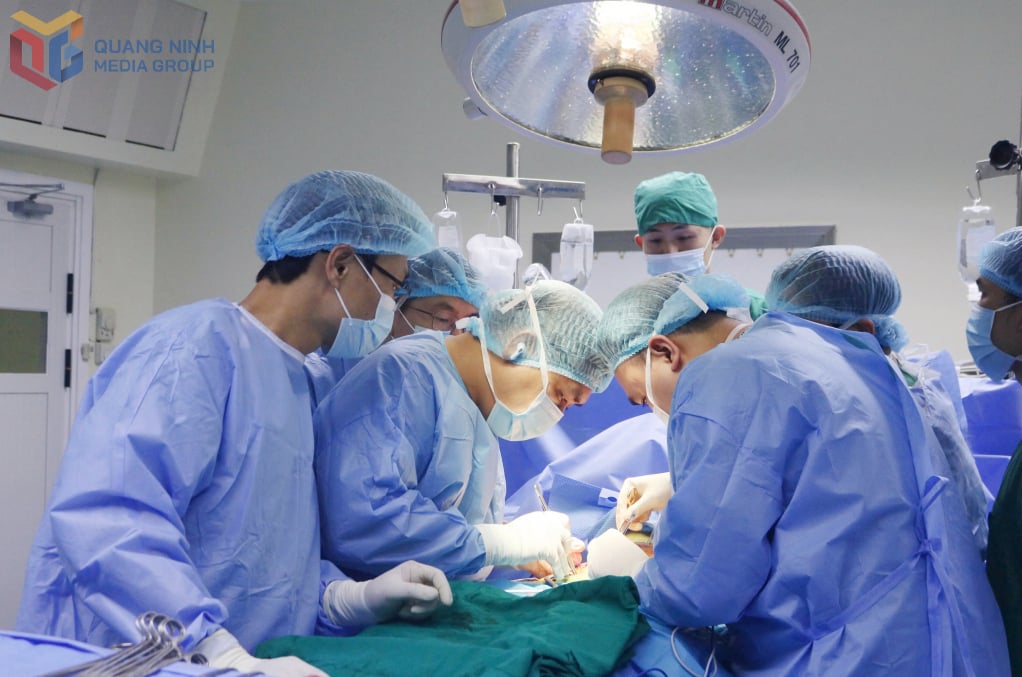
- Can you share the most important factors that help patients maintain stable kidney transplant function long-term after surgery?
+ In early April 2025, Vietnam - Sweden Uong Bi Hospital successfully performed the first two kidney transplants. After surgery, to ensure stable and long-term kidney transplant function, strict adherence to proper care instructions plays an important role.
Most importantly, the patient must strictly adhere to taking anti-rejection drugs. The recipient's body tends to reject the transplanted organ, so the use of anti-rejection drugs is very important. The patient must take the correct dose of medication, on time, and must not stop taking the medication on their own, even if they feel their health is stable. Along with that, the patient also needs to return for check-ups on schedule so that the doctor can monitor kidney function, drug levels in the blood, and detect early complications such as infection or signs of transplant rejection.
A healthy lifestyle plays an important role. Patients need to maintain a balanced diet, low in salt, low in fat, rich in green vegetables and fruits. Drink enough water and limit foods that can easily cause infection such as rare and raw foods. Stay away from alcohol, tobacco and stimulants. In addition, patients need to get enough sleep, limit stress and maintain gentle exercise appropriate to their abilities.
Anti-rejection drugs are important, but they can also cause side effects, such as high blood pressure; high blood sugar or blood fat; liver, kidney or bone marrow damage; and immune suppression leading to susceptibility to infection. Therefore, patients need to be closely monitored and notify their doctor if symptoms such as fever, unusual fatigue, rash, decreased urination, swelling or prolonged digestive disorders appear.
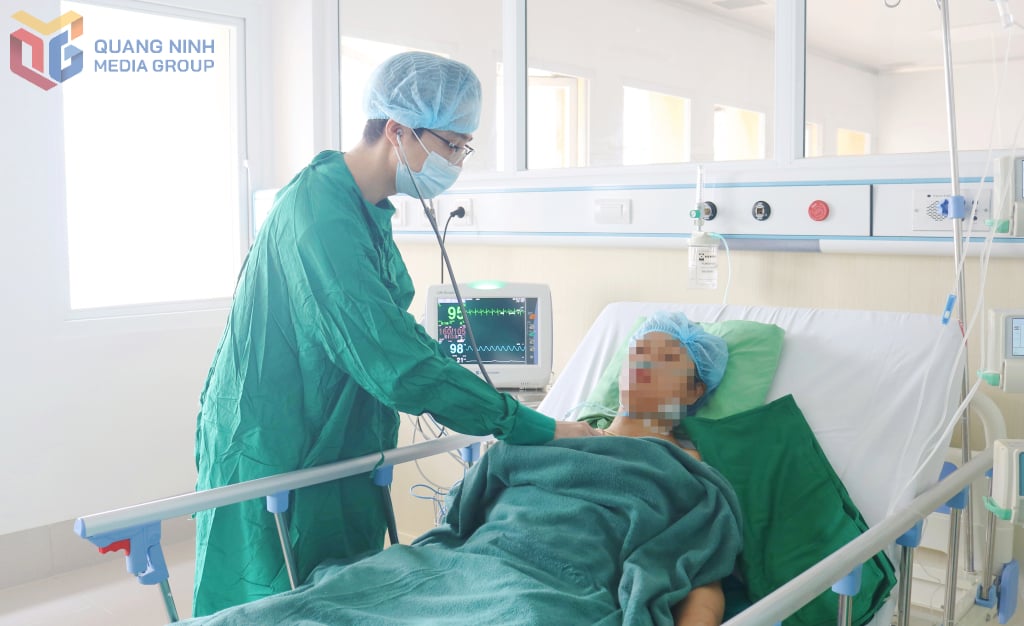
- After a kidney transplant, patients are susceptible to infections due to weakened immunity. Can you share the simplest, easiest-to-remember measures to help patients proactively prevent this risk in their daily lives?
+ For easy remembering and implementation, we often recommend that patients follow the principle of "3 clean and 3 avoid". The principle of 3 clean, maintain personal hygiene, specifically: Clean hands, wash hands with soap or antiseptic solution before eating, after using the toilet, when returning home from public places; do not touch your face, mouth, eyes if your hands are not clean. Clean mouth - nose - throat, brush your teeth at least 2 times/day, gargle with saline; wear a mask when going out or in contact with others. Clean living environment, clean the house regularly, open the door for ventilation; avoid keeping pets in the bedroom or coming into direct contact with their waste.
Principle 3 avoid, avoid the risk of infection, specifically: Avoid crowded places, especially during the epidemic season; if you have to go, wear a full mask. Avoid raw, undercooked food, do not eat raw vegetables, rare meat, raw eggs, undercooked seafood. Avoid contact with people who have the flu, fever, diarrhea or contagious diseases; if a relative is sick, wear a mask and keep a safe distance.
In addition, patients also need to remember 3 important things to proactively prevent the disease. That is, remember to have regular check-ups to detect early signs of infection or abnormalities in blood index. Remember to take medication on time, maintain regularly to help control the immune system and prevent complications. Remember to get all appropriate vaccines (such as flu, hepatitis B, pneumococcal...), but consult your doctor because not all vaccines are safe for organ transplant recipients.
- To accompany patients in the long term, does the hospital have any specific counseling or support programs to help patients build a healthy, scientific lifestyle after kidney transplant, doctor?
+ Vietnam - Sweden Uong Bi Hospital focuses on comprehensive support for patients after kidney transplant, including building a healthy lifestyle to protect the transplanted kidney and prevent complications. We have nutritionists who will develop a menu suitable for each patient, based on weight, current kidney function, blood sugar, blood lipids, blood pressure and personal eating preferences. They will also guide patients to choose healthy foods, control salt, sugar and fat intake, as well as advise on safe cooking methods to reduce the risk of foodborne infections.
Doctors and physical therapists advise on safe exercises, depending on the physical condition and time after surgery. We encourage patients to do light exercises such as walking, yoga or breathing exercises to improve circulation, stabilize blood pressure and increase resistance. For the elderly or those with underlying diseases, the exercises will be adjusted accordingly.
In the near future, the hospital will establish a post-kidney transplant patient club. This is a place for patients to share experiences of healthy living and encourage each other. The club also organizes specialized activities on health, preventing complications and provides psychological support and free consultation from the medical team.
In addition, kidney transplant patients can contact me by phone (0986.160.190) for advice and health care guidance.
- Thank you very much doctor
Source: https://baoquangninh.vn/giu-gin-than-ghep-bang-cham-soc-dung-cach-3354648.html






![[Photo] Feast your eyes on images of parades and marching groups seen from above](https://vstatic.vietnam.vn/vietnam/resource/IMAGE/2025/4/30/3525302266124e69819126aa93c41092)
![[Photo] Fireworks light up the sky of Ho Chi Minh City 50 years after Liberation Day](https://vstatic.vietnam.vn/vietnam/resource/IMAGE/2025/4/30/8efd6e5cb4e147b4897305b65eb00c6f)
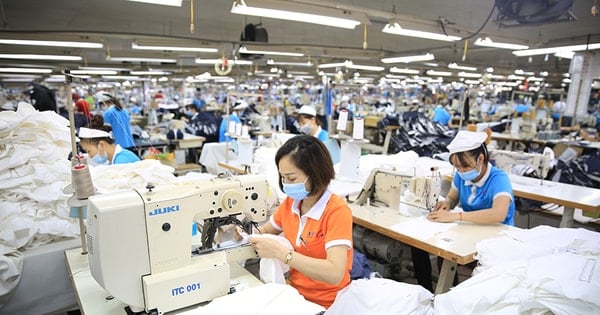
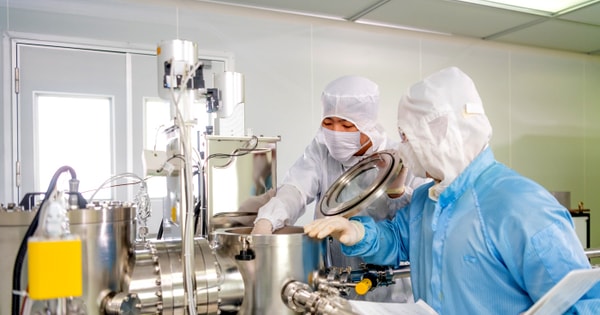


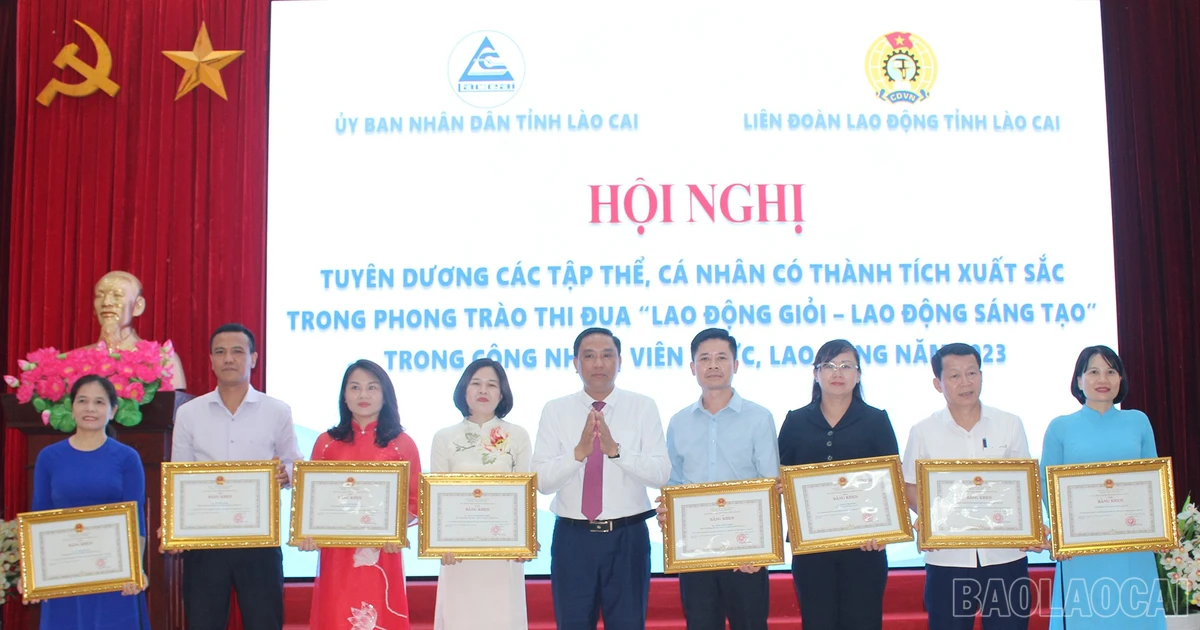

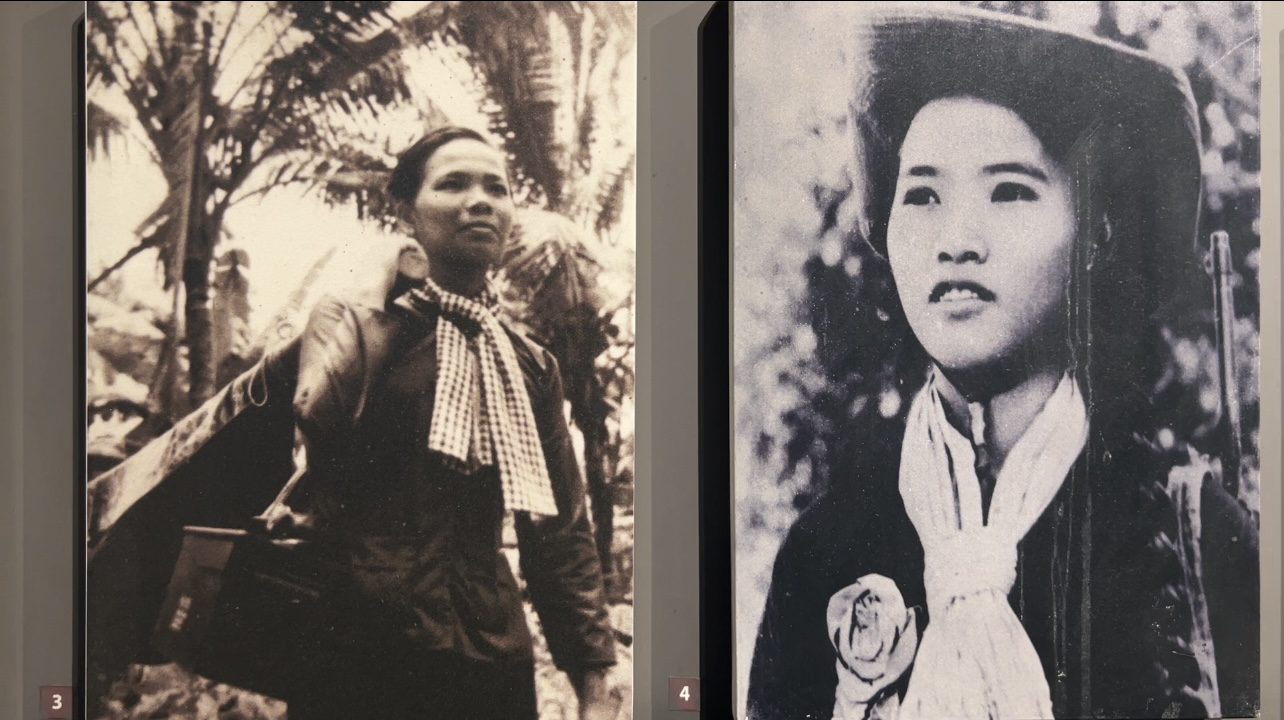


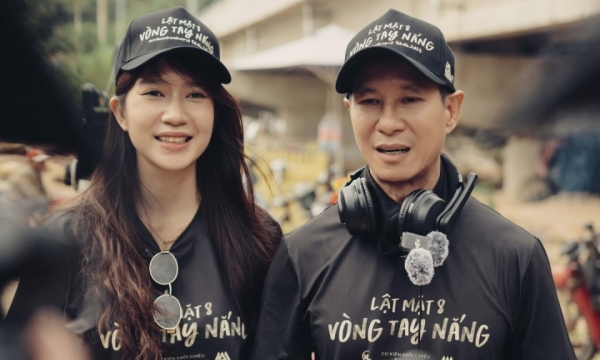














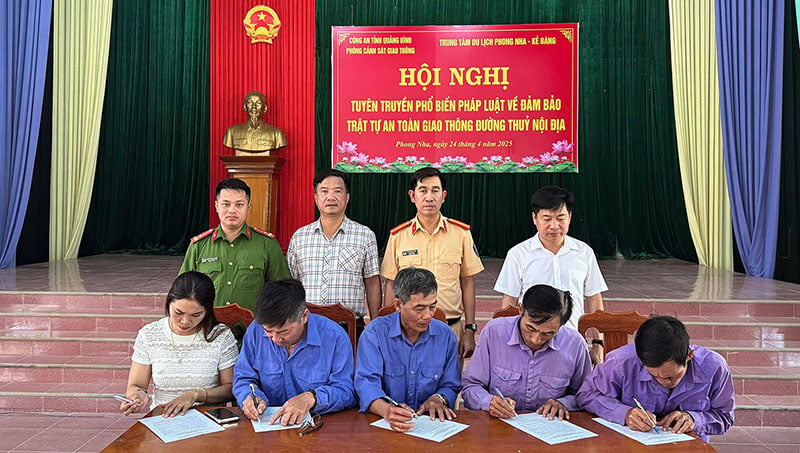

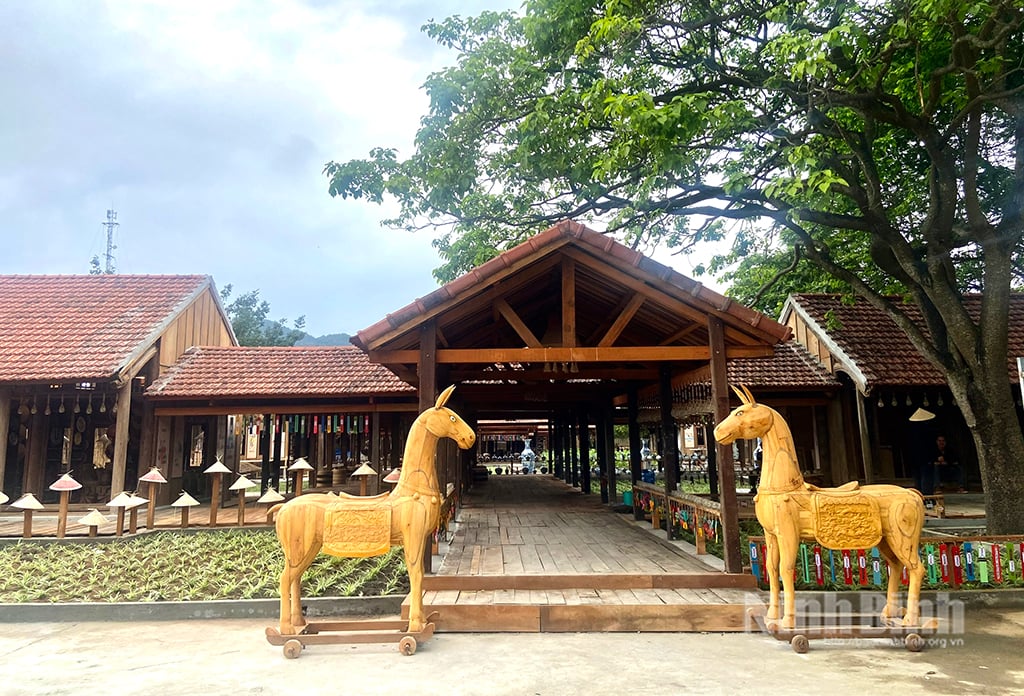




















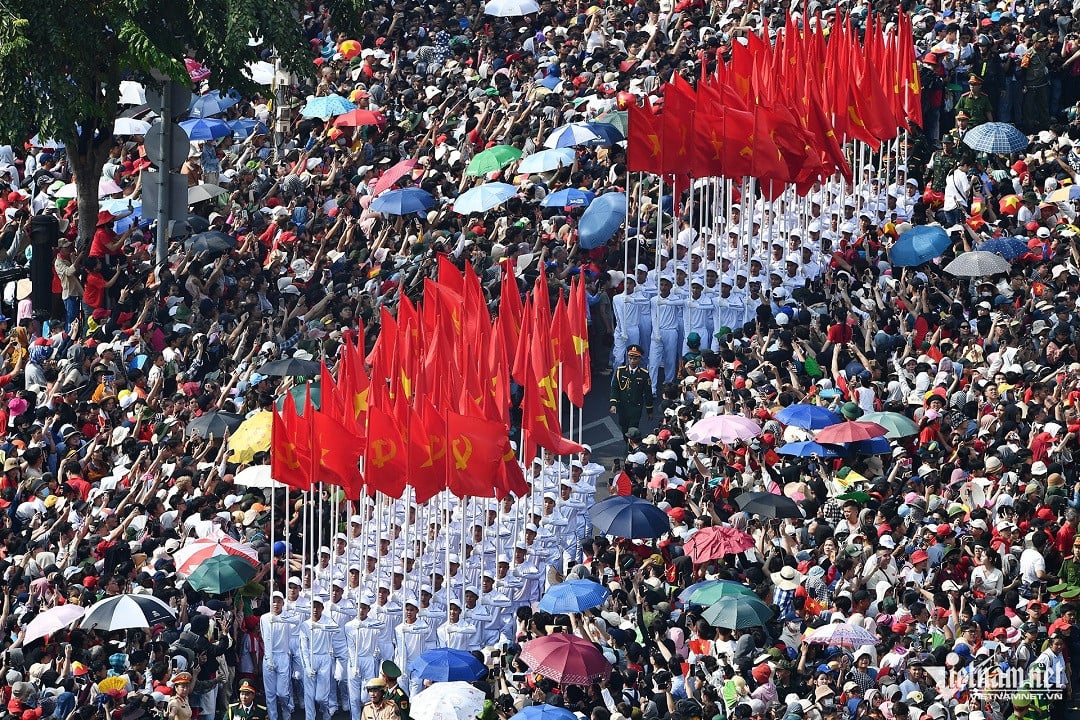






























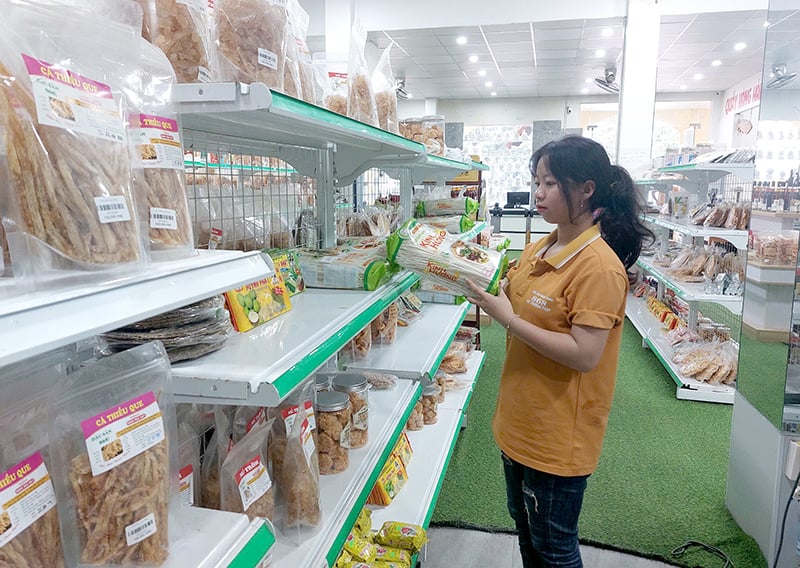
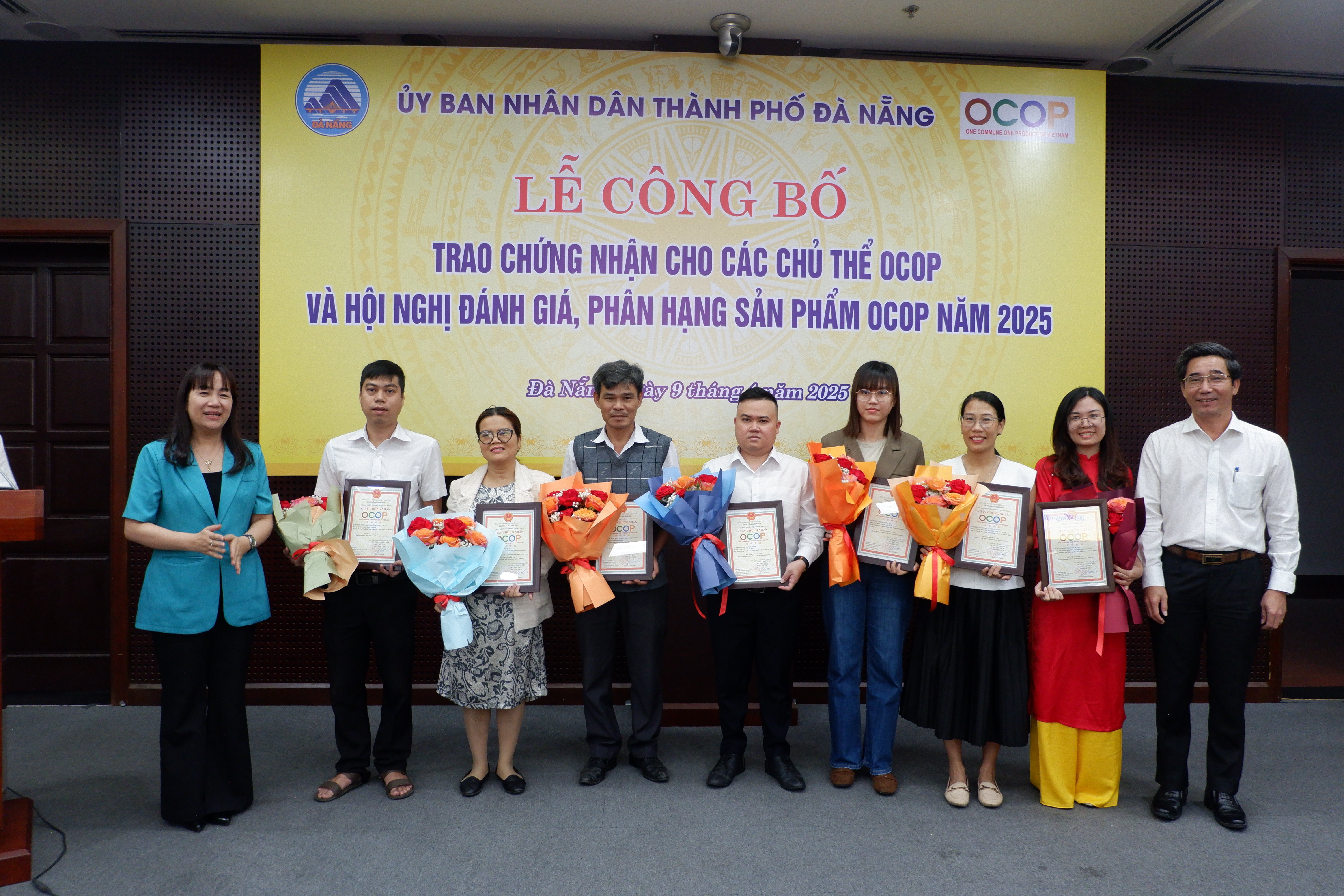

Comment (0)